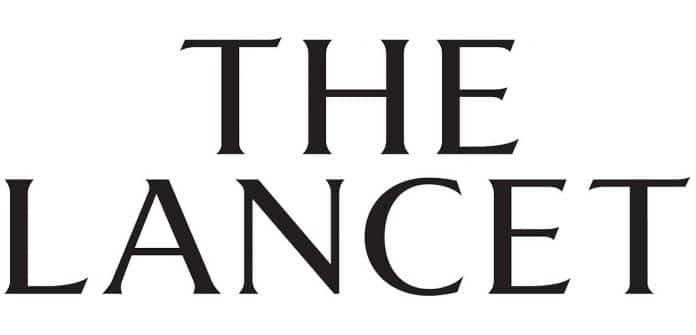The NHS could have prevented “chaos and panic” and was “wholly unprepared” for the coronavirus pandemic, the editor of one of the world’s most prestigious medical journals has said.
Writing in The Lancet, Dr Richard Horton said warnings issued to bosses in the health service about a possible outbreak such as COVID-19 were ignored. He said his own journal on 20 January pointed to the risk of a global pandemic, saying “preparedness plans should be readied for deployment at short notice, including securing supply chains of pharmaceuticals, personal protective equipment, hospital supplies and the necessary human resources to deal with the consequences of a global outbreak of this magnitude”.
Dr Horton has also said the government’s “Contain, Delay, Mitigate, Research” plan was unsuccessful. “It failed, in part, because ministers didn’t follow the World Health Organisation’s advice to ‘test, test, test’ every suspected case. “They didn’t isolate and quarantine. They didn’t contact trace”, he said. “These basic principles of public health and infectious disease control were ignored, for reasons that remain opaque.”
He added that: “The result has been chaos and panic across the NHS.” On Saturday it was confirmed another 260 people have died in the UK after testing positive for coronavirus, taking the total to 1,019. The vast majority of those deaths are in England. The government has defended its strategy in the face of critics who said they acted too slowly.
Prime Minister Boris Johnson and Health Secretary Matt Hancock, who have both tested positive for the virus, have repeatedly said their approach is led by scientific evidence, and they have stressed that it is key to implement measures such as social distancing at the appropriate time, rather than too soon. A Department of Health and Social Care spokesperson told Sky News on Saturday: “We have followed a clear plan, underpinned by scientific evidence, to contain, delay, research and mitigate the outbreak. “We acted swiftly to contain the spread of the virus and our world-class surveillance, including intensive contact tracing and quarantining of early cases, helped to slow it significantly – and targeted contract tracing continues. It added that it has tested “well over 100,000 people”, and that it has “already set out plans to increase testing capacity to 25,000 a day”.
Earlier this week, it was reported that almost 4,000 NHS workers signed a letter in the Sunday Times calling on the prime minister to “protect the lives of the life-savers”, and resolve the “unacceptable shortage of protective equipment”.
Today’s statement from the government continued: “The NHS has been mobilising for months and we are working around the clock to give the NHS and the wider social care sector the equipment and support they need to tackle this outbreak. “On Thursday alone, over 21 million face masks, nine million aprons, 20 million gloves and 700,000 eye protectors were delivered to frontline workers.”
Grant Shapps, the transport secretary, stated earlier this month: “We are just being entirely science-led.” Dr Horton has also expressed concerns over the government’s new measures, which include a lockdown imposed on Monday. “This plan, agreed far too late in the course of the outbreak, has left the NHS wholly unprepared for the surge of severely and critically ill patients that will soon come,” he said. Dr Horton said that he asked NHS workers to contact him with their experiences and the messages that came back have been “as distressing as they have been horrifying”. Some of the comments he cited include: “Forget lockdown – we are going into meltdown”; “total carnage”; “humanitarian crisis”; “I don’t feel safe. I don’t feel protected”; “we are literally making it up as we go along”.
Speaking at the government’s daily coronavirus briefing on Friday, cabinet minister Michael Gove said hundreds of frontline NHS staff will be tested this weekend – “dramatically” scaling up next week, to find out if they have coronavirus. He said it would allow those working in health and social care to “have security in the knowledge that they can safely return to work if their test is negative”. “This is absolutely crucial to our response to – and fight against – coronavirus,” he added. It was also previously announced that the Army would be brought in to help get deliveries of protective equipment to frontline NHS staff who are battling the coronavirus pandemic.







